Social media has completely changed how people communicate, participate, and connect online. Social media sites like Facebook, Instagram, Twitter, and LinkedIn have developed into vital resources for companies looking to connect and interact with billions of customers globally. But just being active on these networks is insufficient. Businesses must use social media analytics, a collection of tools that provide useful information to promote engagement and development, to their fullest potential.
In this blog post, we will discuss about social media analytics and how you can take advantages of them.
What is Social Media Analytics?
Social media analytics are a set of tools that ease the process of gathering, analyzing, and interpreting data from social media platforms to evaluate performance, understand audience behavior, and make informed marketing decisions. This is a vital part of digital marketing plans, allowing businesses to improve their strategy and increase their online visibility.
A 2023 Statista report projects the global social media analytics market size will reach $13.8 billion by 2026, emphasizing its growing significance in modern marketing. Key metrics like engagement rates, reach, conversions, and sentiment analysis empower businesses to make data-driven decisions that yield tangible results.
Why Should Businesses Use Social Media Analytics?
Businesses may use social analytics tools to track trends, evaluate the success of their online presence, and make real-time strategy adjustments. They can help your company in the following ways:
1. Track ROI and Strategy Effectiveness
A lot of marketers believe that social media analytics have greatly aided them in assessing the success of their efforts and refining their strategies. Businesses may determine what approach is effective and what needs to be changed by monitoring key metrics like the number of people who see a post, engage with it, and take action (such as making a purchase).
2. Monitor Audience Behavior and Sentiment
Social media is where people talk about brands. By paying attention to what customers say, businesses can understand how people feel about them. In fact, 85% of customers trust online reviews just like they trust suggestions from friends. Social media analytics tools help companies see these opinions, improve their messages, answer questions or complaints, and build better relationships with customers.
3. Discover Emerging Trends
Tools for social listening assist companies in staying abreast of emerging trends. The majority of digital marketers utilize social media analytics to track trends, which gives them an edge by enabling them to produce content that speaks to current consumer interests.
4. Enhance Content Strategy
Analytics tools provide deep insights into which types of content resonate best with your audience. With this information, businesses can refine their content strategy to improve engagement and increase reach. For instance, on a recent survey, a significant amount of businesses owners say data-driven digital marketing has improved their ability to engage customers and retain them over time.
Benefits of Social Media Analytics
Here are the most of the benefits of Social Media Analytics:
- Finding Emerging Trends: Businesses may remain ahead of the curve by using social media analytics to find popular subjects. According to Sprout Social, 70% of marketers recently surveyed claimed to utilize social media listening tools to spot trends and get a competitive edge.
- Measuring Public Sentiment: Businesses may determine how customers feel about their goods and services by keeping an eye on social media discussions. Given that 84% of customers say they trust internet evaluations just as much as personal recommendations, this real-time input is essential (source: Nielsen).
- Evaluating Communication Effectiveness: Businesses may improve their communication strategy by using social analytics to see which channels are most effective with their audience. This enables more engagement and a greater return on marketing investment.
- Getting Knowledge of Customer Preferences: Social listening is essential for product creation and enhancing customer happiness since it enables companies to comprehend the wants, demands, and pain points of their customers.
- Monitoring Competitors: By using analytics tools, companies may monitor the actions of their rivals and learn how their target audience interacts with them. Businesses may adjust their own tactics to remain competitive by monitoring the success of their rivals’ material.
- Assessing Partners and Channels: Businesses may optimize their alliances and expand their brand reach by using social media analytics, which can provide insights into how partnerships and distribution channels are impacting performance.
Companies need to build a brand that connect and take the initiative to control the quick internet spread of information about their goods and services. Conversations about brands are mostly held on social media platforms, and these discussions may significantly affect a company’s reputation. 78% of buyers claim that social media postings and internet reviews have an impact on their selections.
Social media marketing play a significant role in helping businesses navigate this digital landscape. Businesses that want to succeed must embrace openness and interact with consumers on social media channels, sharing their experiences and answering comments.
Businesses may proactively respond to unfavorable comments, grasp chances for development, and develop more successful plans by using social media analytics. By using a data-driven strategy, businesses may better understand consumer preferences, forge closer bonds with clients, and improve brand recognition—all of which contribute to success in a changing marketplace.
10 Free and Paid Social Media Analytics
Businesses need to use social media analytics to see how effective their online presence is and plan their marketing strategies. Social media marketing helps increase brand awareness and connect with customers, so having good tools for social media is crucial for business growth.
Now we will explore and compare some of the free and core social media analytics tools:
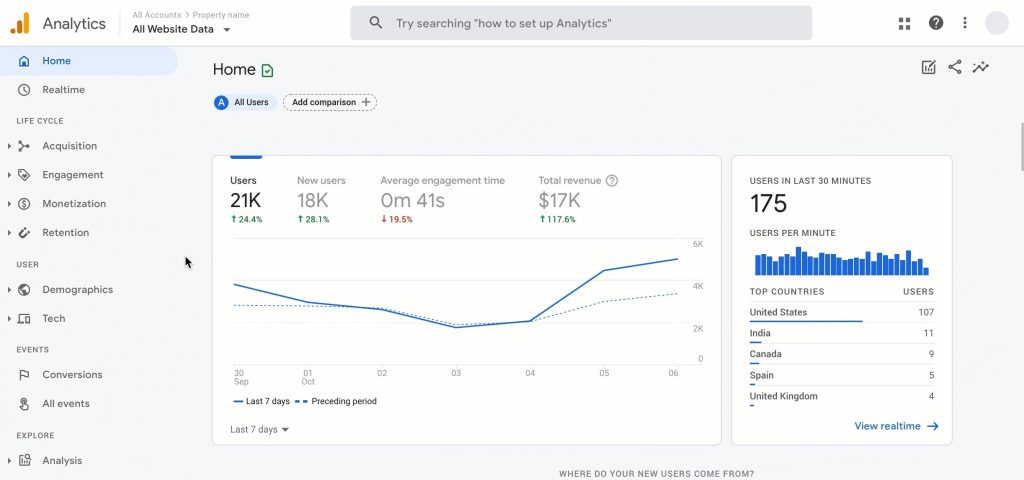
1. Google Analytics: Businesses may use Google Analytics as a useful tool to track how well their websites are doing. Businesses may make data-driven choices to enhance their social media strategy and ensure greater alignment with overarching business objectives by using Google Analytics for social media analytics. 75% of marketers, according to a social media professional, use analytics tools like Google Analytics to improve their social media strategy, indicating the significance of social media ROI measurement.
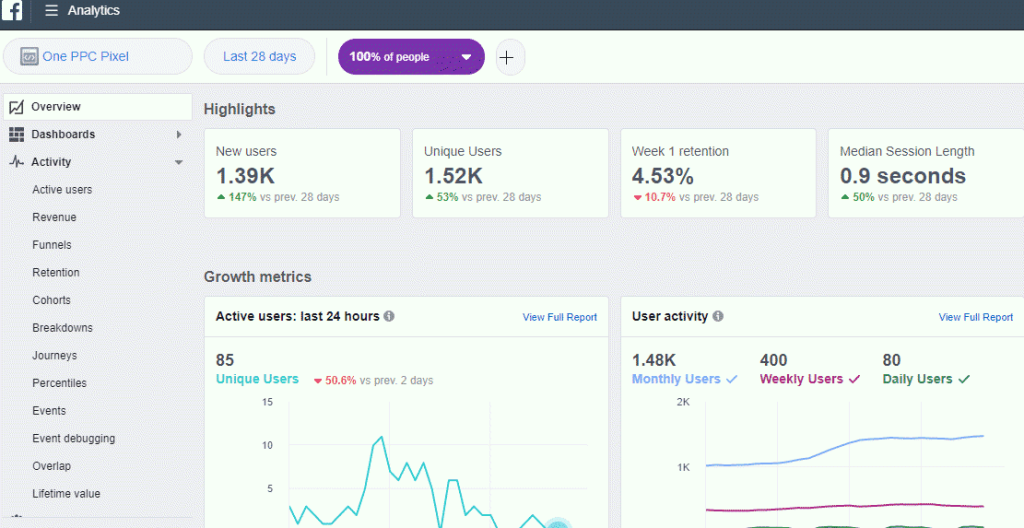
2. Facebook Insights: Businesses also may use Facebook Insights as a useful analytical tool to track the effectiveness of their Facebook page. It offers useful information on measures such as the quantity of individuals who visit a post, their degree of involvement, and their demographic details. It also enables companies to assess the success of their social media strategy by comparing their performance to that of other companies in the same sector.
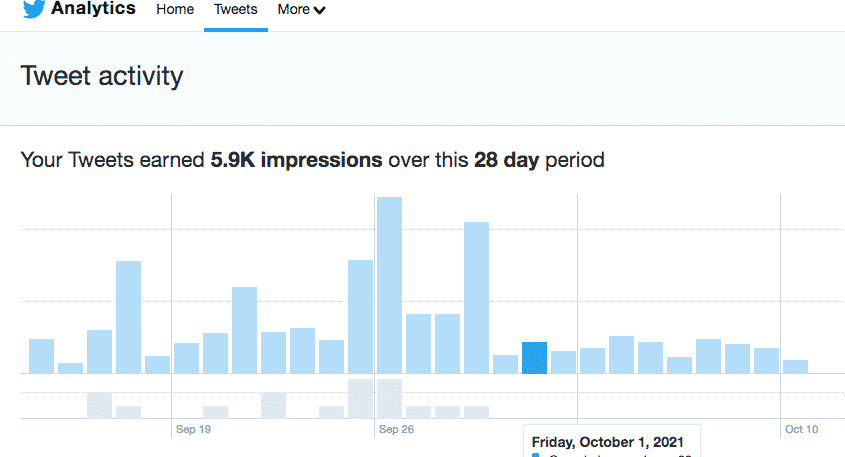
3. Twitter Analytics: Twitter’s social analytics feature is a great way to see how well your account is doing. It offers useful data like how many times your tweets were seen, how engaged people were with them, and information about your following. Businesses may identify the most effective tweets and adjust their content by examining this data.
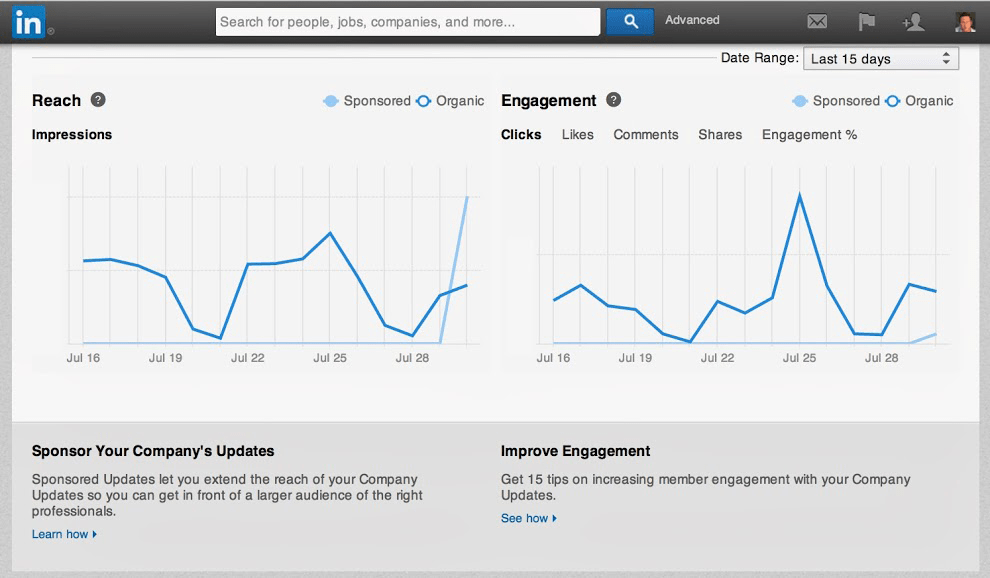
4. LinkedIn Page Analytics: You can monitor the performance of your LinkedIn page with the help of a program called LinkedIn Page Analytics. This may be for any subject you have a page for, including your business page. You may see how users are interacting with your page and the effectiveness of any adjustments you make. When you upload a new video, for instance, you can see how many people are seeing and enjoying it. You may find out more about your audience’s demographics, including their geography, age, and interests, by using LinkedIn Analytics.
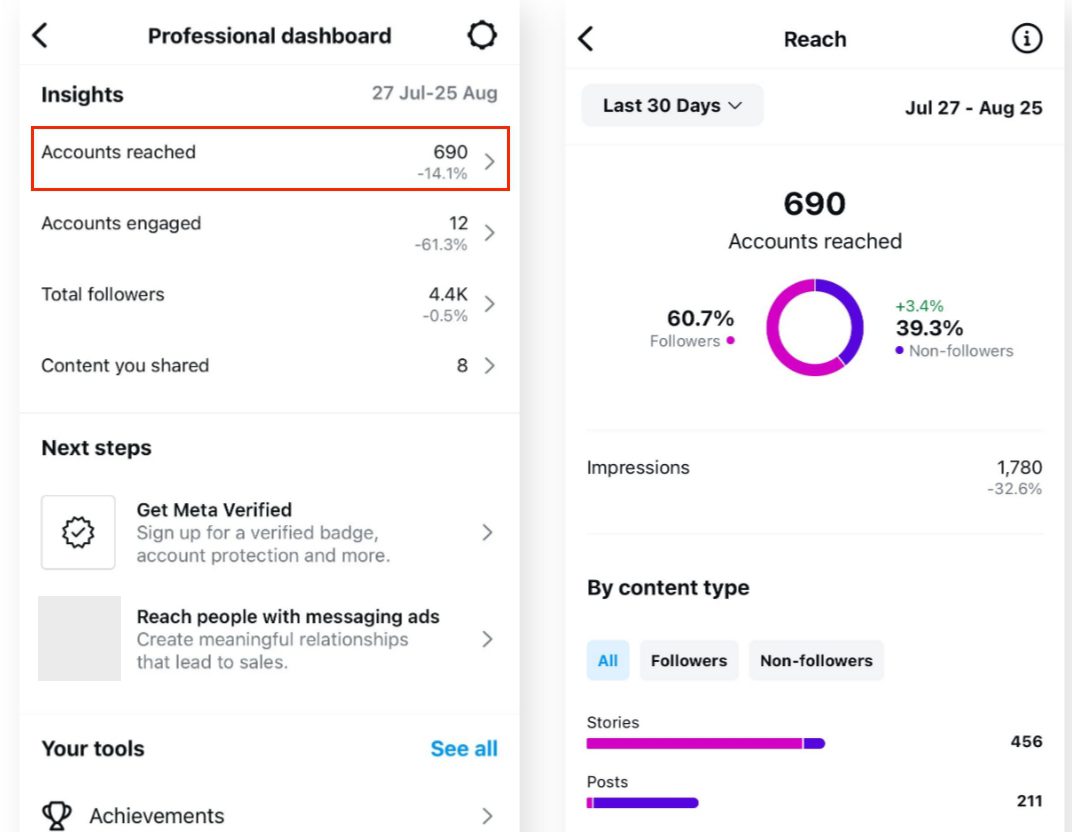
5. Instagram Insights: Instagram Insights is a service that lets you monitor the performance of your stories and posts. It lets you see what kinds of material people are interested in, which posts are the most popular, and how many people are engaging with your postings. Your posts’ likes, comments, views, and saves are all visible to you. It’s a useful method to see how well your Instagram marketing is doing.
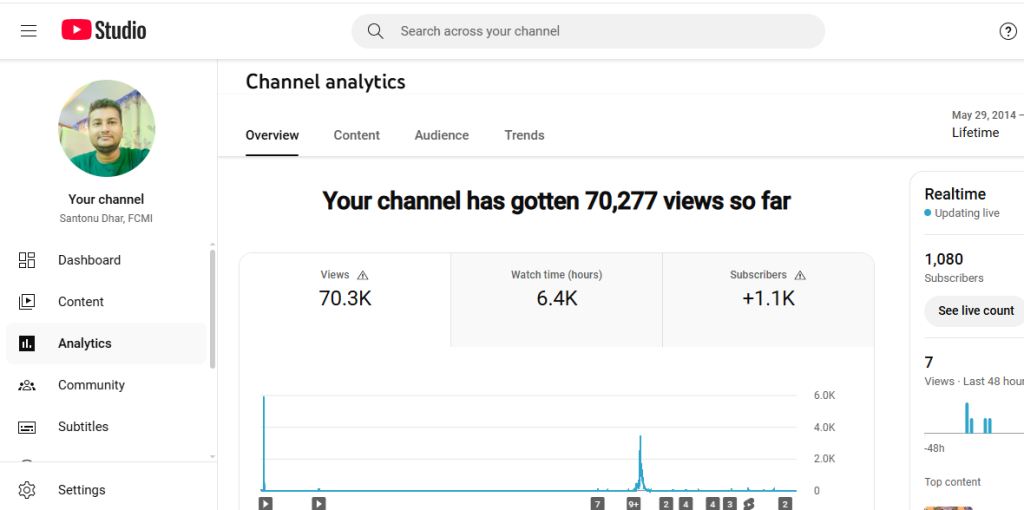
6. YouTube Analytics: One helpful feature in YouTube Studio for monitoring the performance of your videos is YouTube Analytics. It provides you with crucial data, such as the number of viewers, their level of engagement, and the demographics of your audience. You may see information such as the duration of time viewers have been viewing your videos, the most popular videos, and the geographic location of your visitors. You can also see how people are discovering your movies and what keywords they are using with this tool.
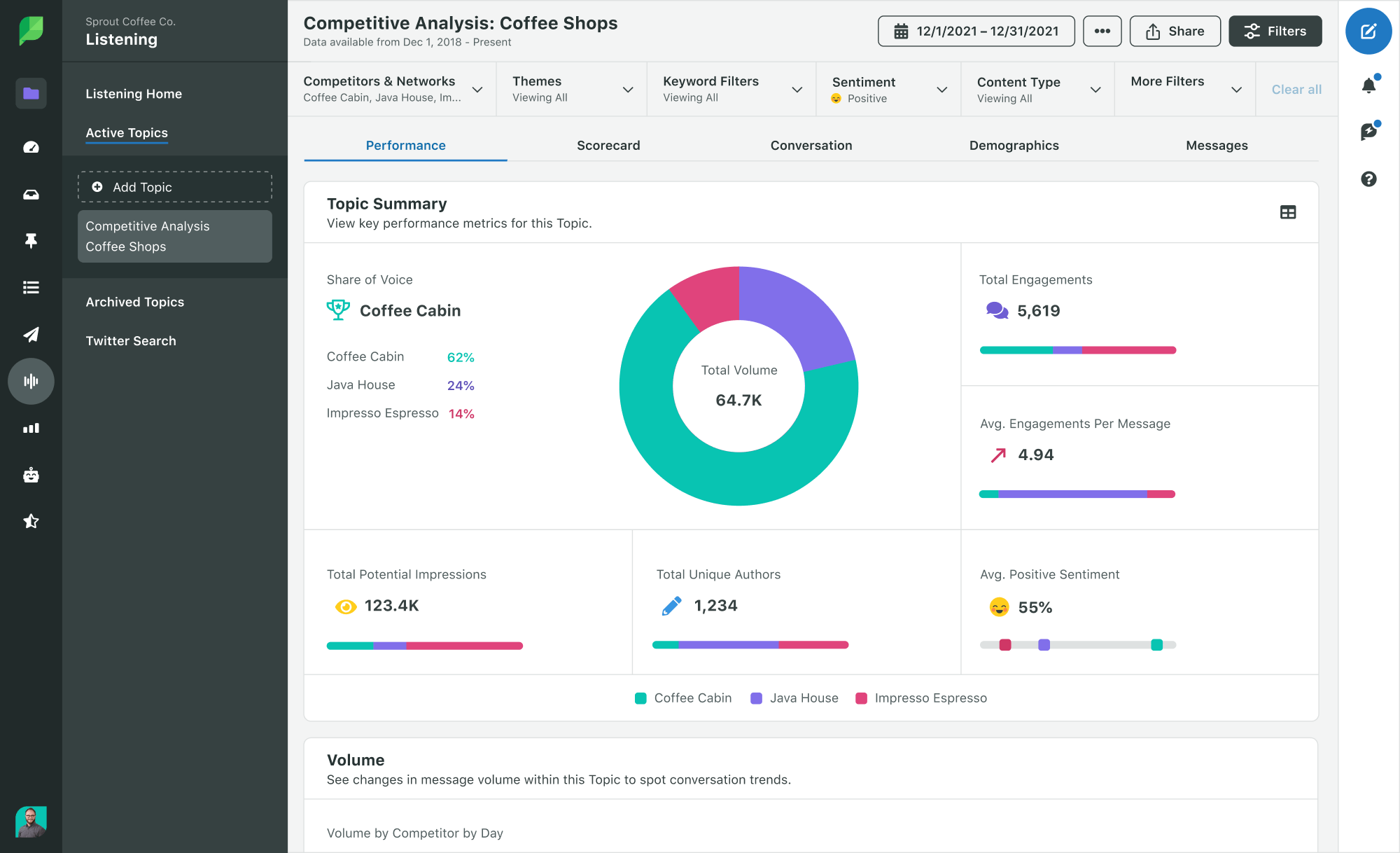
7. Sprout Social: Businesses may efficiently manage their social media accounts with the aid of Sprout Social, a useful social media analytics tool. It enables you to monitor crucial data and information on social media sites like Facebook and Twitter. With Sprout Social, it’s simple to see your following size, audience engagement, and audience demographics.
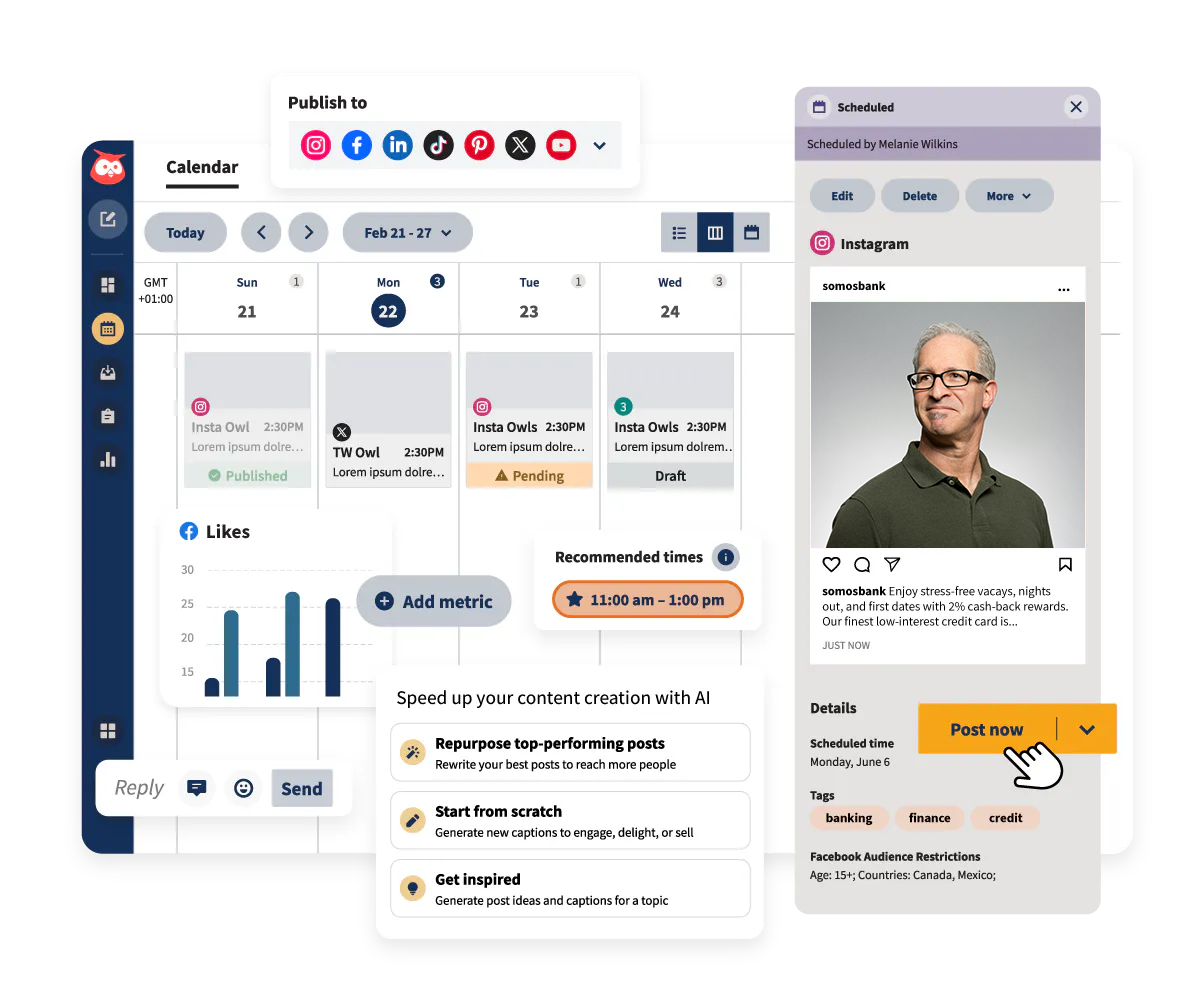
8. Hootsuite: One well-liked tool for managing social media accounts for corporations is Hootsuite. Analytics is one of its features that aids in gauging the effectiveness of social media efforts. Businesses may monitor social media income, content performance, and audience engagement using Hootsuite’s analytics.
9. Buzzsumo: Buzzsumo is a helpful tool for monitoring social media and examining information. Finding out what information is hot and trending in various interest areas is helpful. Businesses like utilizing this tool since it allows them to see the preferences of their target market. Businesses may acquire ideas for improving their own content and social media strategies by examining how various types of material are doing.
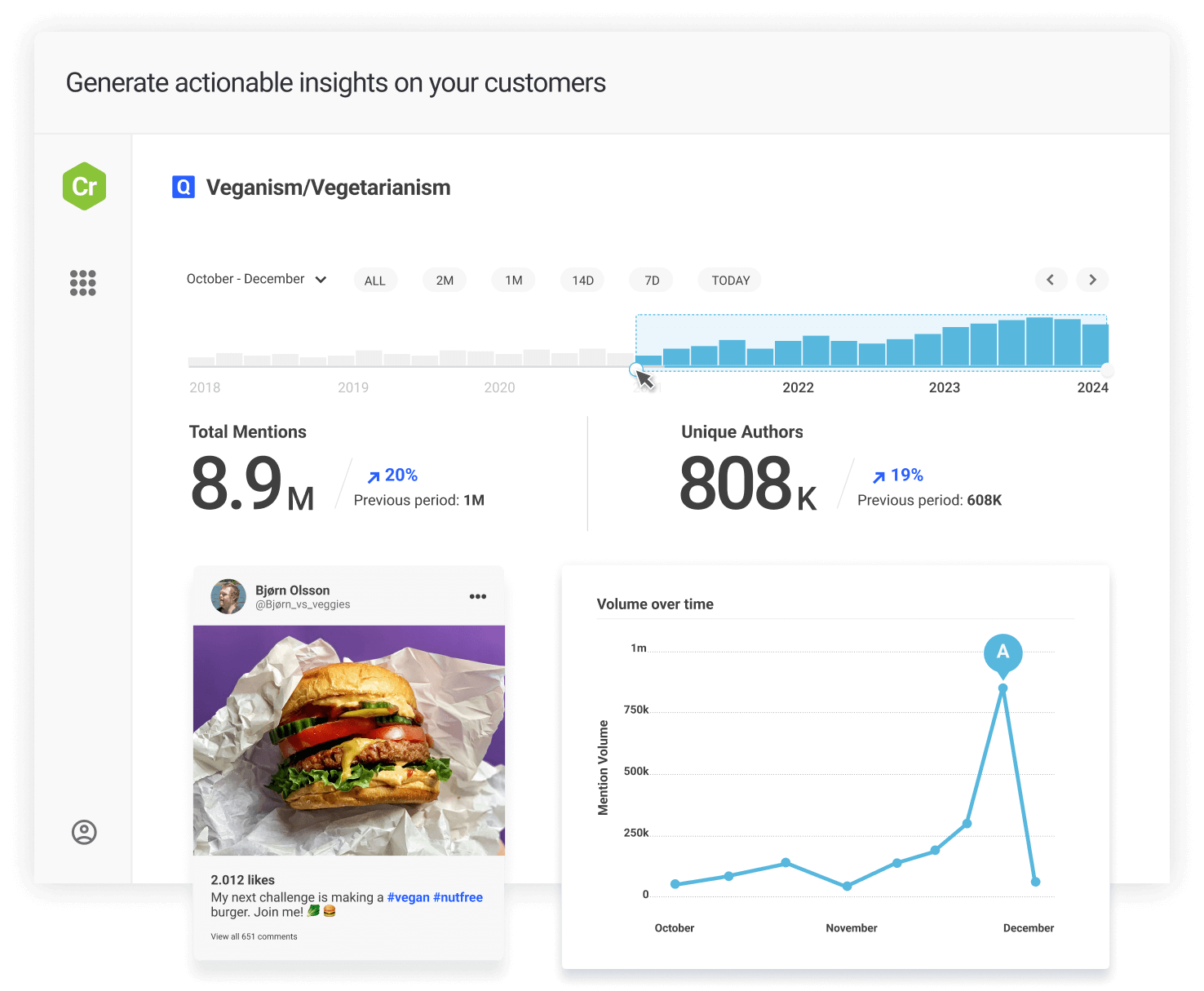
10. Brandwatch: Businesses may use Brand Watch as a useful tool to monitor social media conversations about their brand, rivals, and sector. It provides crucial details on people’s opinions, perceptions, and conversation about the brand. Businesses may use this information to help them make informed decisions about their social media strategies.
Books on Social Media Analytics
If you want to read book on social media analytics or social media marketing you can try following books:
Conclusion
An important research tool for businesses hoping to succeed in the digital sphere is social media analytics. It helps businesses make well-informed choices, improve marketing tactics, and increase brand engagement by offering data-driven insights. Businesses who use this useful tool will be well-positioned to thrive in a setting that is becoming more and more competitive as the social analytics industry expands.

